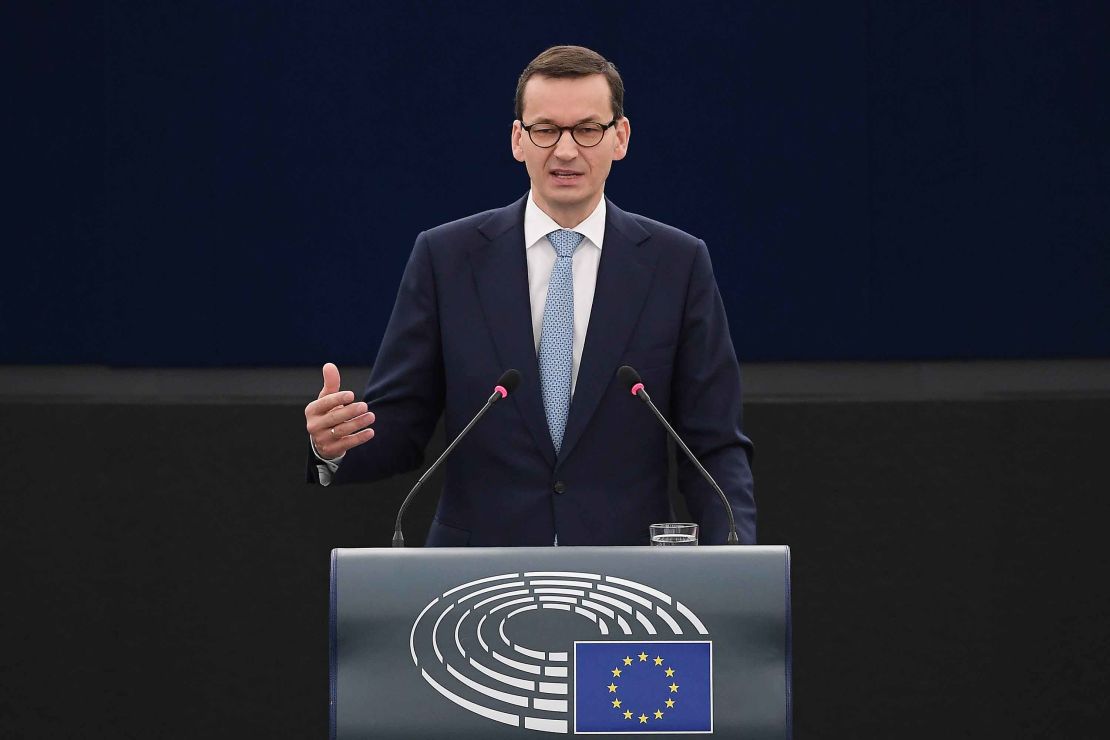Poland marks 100 years of independence on Sunday, at the same time as the centenary of the armistice that ended World War I is commemorated around Europe.
The occasion should be one for celebration in Poland. But controversy and confusion over a planned far-right independence march in the capital Warsaw has overshadowed preparations.
A court in Warsaw on Thursday overturned a decision by the city’s mayor to ban the march over security concerns after the organizers appealed.
Mayor Hanna Gronkiewicz-Waltz, of the opposition Civic Platform party, had declared Wednesday that the march should not go ahead because Warsaw had “suffered enough due to aggressive nationalism,” Reuters news agency said.
Hours after she announced the ban, Poland’s President and Prime Minister said the government would stage its own official march Sunday along the same route as the planned far-right march.
It’s now unclear what will happen on the day.
The situation has been complicated by mass protest action by Poland’s police, which has cast doubt over their capacity to ensure security during the march.
Gronkiewicz-Waltz said Thursday she would appeal the court ruling that reinstated the unofficial march. “We have an argument in the form of yesterday’s order of the Prime Minister that directs the military police to help the police,” she said. “It means that our assessments were correct that police would not be able to do it.”
She argued that in banning the march, she was primarily guided by security considerations. “We do not know to what extent the policemen will return to work,” she said.
Prime Minister Mateusz Morawiecki, of the ruling right-wing Law and Justice (PiS) party, on Wednesday called on Twitter for marchers to unite under Poland’s white and red flag to celebrate the centenary.

Organizers of the unofficial “March of Independence” – including two nationalist groups, the All-Polish Youth and the National Radical Camp – welcomed the court ruling overturning the ban.
But Robert B?kiewicz, chairman of the organizing group, said they were talking to authorities with the public image of their homeland in mind. “We want (November 11) to be the holiday of all patriots,” he tweeted Friday.
Last year, ultra nationalists and fascist groups disrupted the main independence day march in Warsaw.
One of the lead organizations involved in the march was the National Radical Camp, which had previously taken to the streets to protest against Muslim immigration, gay rights, the European Union and anything it considers undermines Polish Catholic values.
The day celebrates the rebirth of Poland in November 1918, 123 years after the Prussian, Habsburg and Russian empires carved up Poland among themselves and erased it from the map of Europe.

